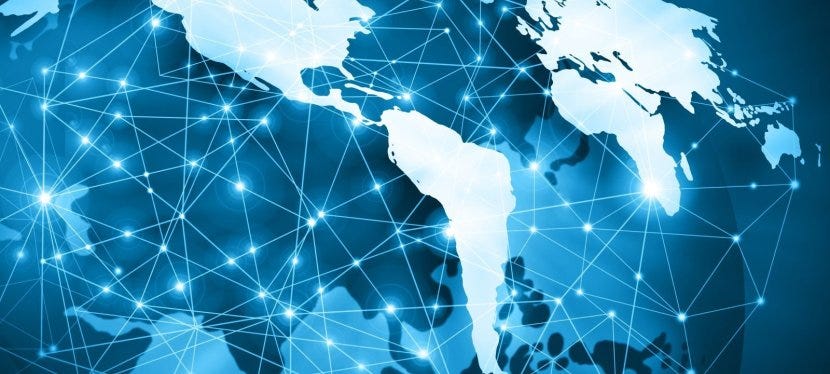After Covid: A Connectivity Pandemic?
The connected vs. the unconnected

By: Samuel Bocetta
At a time when the Covid-19 pandemic has socked us all into a new reality, only 59 percent of the world's population is connected to the Internet. For many countries, it is a luxury that simply doesn’t exist. In others where connectivity is spotty at best (or restricted), economic and social collapse due to the pandemic are paving the …
Keep reading with a 7-day free trial
Subscribe to Asia Sentinel to keep reading this post and get 7 days of free access to the full post archives.
